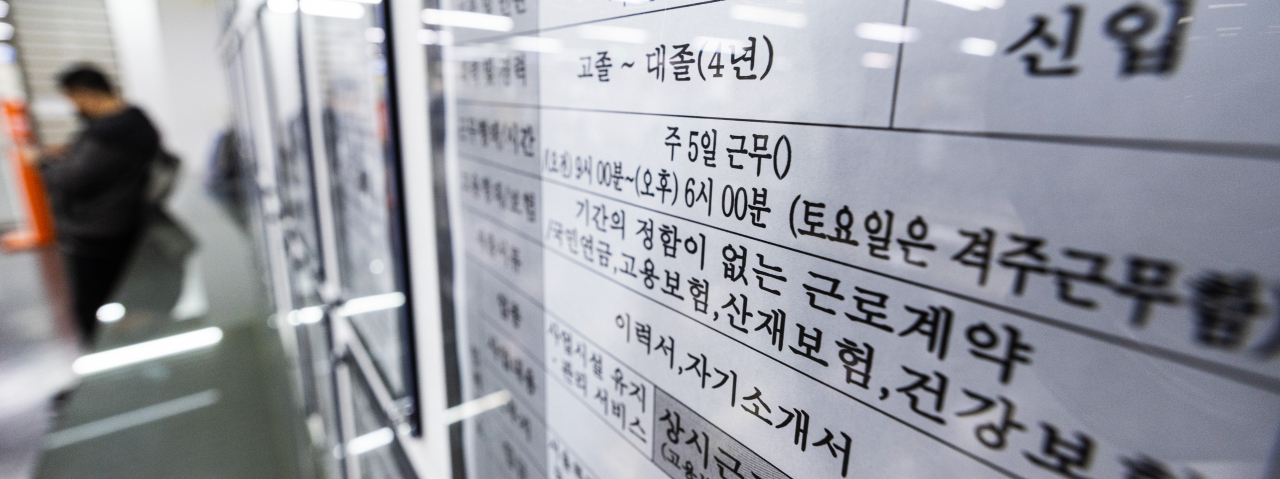Government to hear from public on working hours plan
Koreans worked 1,915 hours a year, 566 longer than Germans: data
By Park Jun-heePublished : March 15, 2023 - 10:39

The presidential office said Wednesday that the maximum weekly working hours would be decided after adhering to the will of the public, especially underprivileged workers.
This semi-reversal came just a week after the Ministry of Employment and Labor announced on March 6 that it would revise the current 52-hour workweek to allow workers to manage their working hours depending on their workload balance.
“The core of President Yoon Suk Yeol’s labor market policy is to protect the rights and interests of the underprivileged workers, such as the MZ generation, workers not under a union group and those working in small and-medium-sized businesses,” Yoon’s senior press secretary Kim Eun-hye said during a press briefing. "MZ" comprises millennials and Generation Z, roughly those born from the 1980s to 2010s.
The flexible working hours policy is meant to extend limits constrained to a weekly basis to a monthly, quarterly, half or even full year basis, upon discussion between labor and management. But the government will steer a course of the maximum weekly working hours after hearing out vulnerable workers, Kim added.
On Tuesday, Yoon ordered a reexamination of the proposal to revise the 52-hour workweek amid backlash that the revision has neglected to reflect the voices of younger workers.
Earlier this month, the government unveiled plans that would allow workers to alternatively manage the basis of limits on their working hours, giving them the option to work up to 69 hours a week in exchange for time off in other weeks.
But the plan drew criticism among the country’s millennials and Gen Z that the reform measures could force them to work more overtime and put their health at risk.
The Labor Ministry, however, has brushed off such concerns, explaining that the flexible working system would give more choices to workers.
While the new scheme has drawn backlash from the younger generation, the move has been welcomed by the country’s business circles, including the Korea Enterprise Federation, stressing that the plan would benefit the industry’s competitiveness and help create jobs.
Koreans worked an average 1,915 hours a year per employee in 2021, 199 hours more than the Organization for Economic Cooperation and Development average of 1,716 hours, according to the most recent OECD Employment Outlook.
For comparison, the annual working hours for Koreans were 566 hours longer than those for Germany, which amounted to the fewest hours on average at 1,349. Mexico ranked highest among the 38 surveyed countries at 2,128 hours.










![[Hello India] Hyundai Motor vows to boost 'clean mobility' in India](http://res.heraldm.com/phpwas/restmb_idxmake.php?idx=644&simg=/content/image/2024/04/25/20240425050672_0.jpg&u=)









